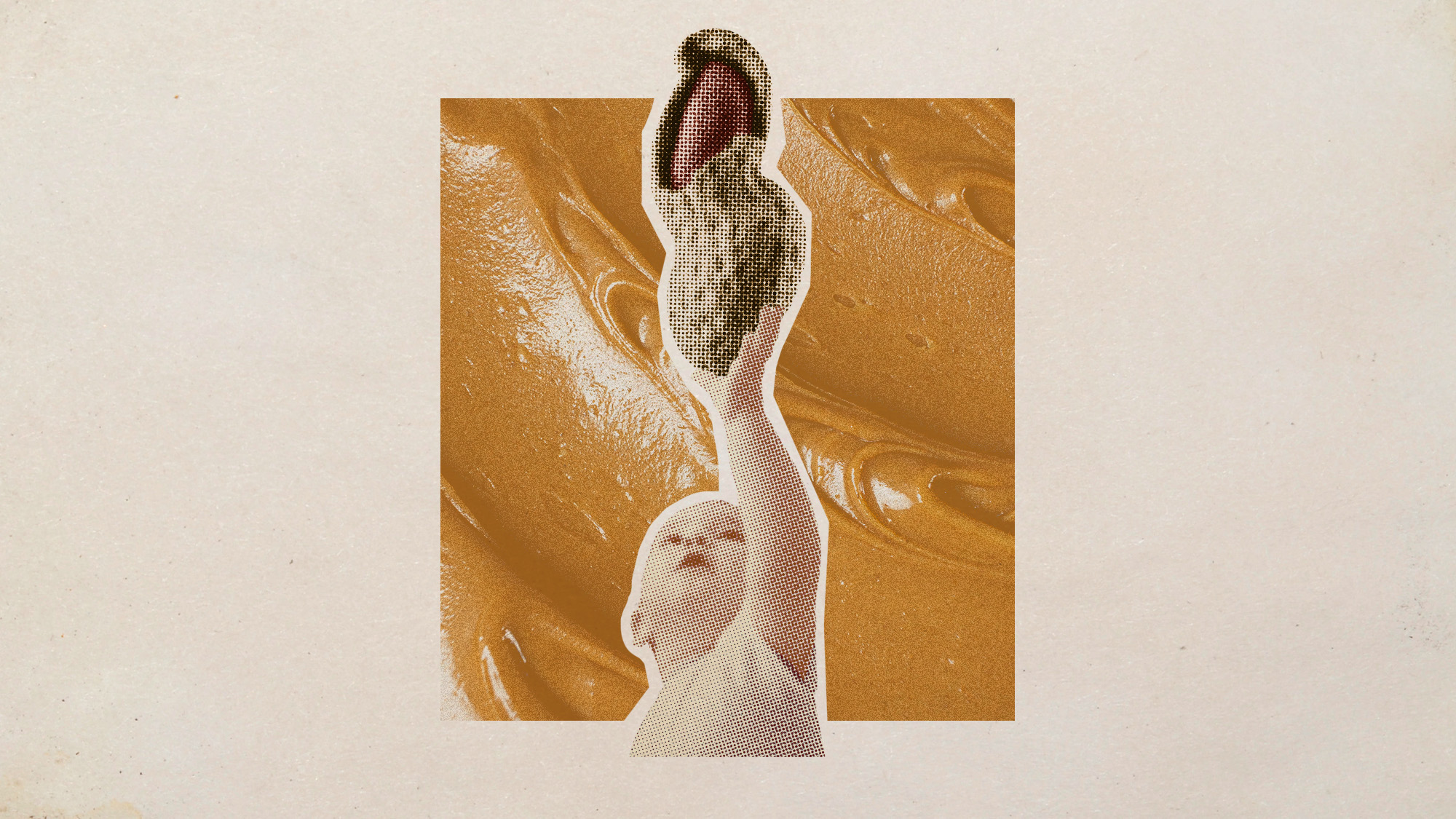Experimental drug fails to show slowing of dementia in blow to Alzheimer's research


A free daily email with the biggest news stories of the day – and the best features from TheWeek.com
You are now subscribed
Your newsletter sign-up was successful
An Alzheimer's drug developed by Swiss company Roche could not be proven in clinical trials to slow the progression of dementia, the pharmaceutical giant said Monday.
In a statement, Roche said the drug, gantenerumab, "did not meet their primary endpoint of slowing clinical decline" in a pair of studies conducted by the company. The identical studies, which were conducted with patients over the course of two years, were held in an effort to prove that gantenerumab could preserve certain functions in early Alzheimer's patients, including problem-solving skills, memory, and judgment.
While the trials were successful in showing a slight rate of decline, neither of them were described by Roche as being "statistically significant."
The Week
Escape your echo chamber. Get the facts behind the news, plus analysis from multiple perspectives.

Sign up for The Week's Free Newsletters
From our morning news briefing to a weekly Good News Newsletter, get the best of The Week delivered directly to your inbox.
From our morning news briefing to a weekly Good News Newsletter, get the best of The Week delivered directly to your inbox.
"So many of our families have been directly affected by Alzheimer's, so this news is very disappointing to deliver," said Levi Garraway, M.D., Ph.D., Roche's Chief Medical Officer and head of global product development. "We are profoundly grateful to the study participants, their care partners, and study sites for their contributions to this research."
The faults of the studies now leave a trio of Roche's competitors, Biogen, Eisai, and Eli Lilly as the leaders in the medical community's effort to get an Alzheimer's treatment on the market.
The results saw economic ramifications as well, and Reuters reported that financial services firm Credit Suisse called the studies an "unequivocal" failure. Shares of Roche fell to their lowest in seven weeks, Reuters noted, with shares of Biogen and Eli Lilly rising 3.8 percent and 2.3 percent, respectively.
A free daily email with the biggest news stories of the day – and the best features from TheWeek.com
Justin Klawans has worked as a staff writer at The Week since 2022. He began his career covering local news before joining Newsweek as a breaking news reporter, where he wrote about politics, national and global affairs, business, crime, sports, film, television and other news. Justin has also freelanced for outlets including Collider and United Press International.
-
 Corruption: The spy sheikh and the president
Corruption: The spy sheikh and the presidentFeature Trump is at the center of another scandal
-
 Putin’s shadow war
Putin’s shadow warFeature The Kremlin is waging a campaign of sabotage and subversion against Ukraine’s allies in the West
-
 Media: Why did Bezos gut ‘The Washington Post’?
Media: Why did Bezos gut ‘The Washington Post’?Feature Possibilities include to curry favor with Trump or to try to end financial losses
-
 Scientists are worried about amoebas
Scientists are worried about amoebasUnder the radar Small and very mighty
-
 Metal-based compounds may be the future of antibiotics
Metal-based compounds may be the future of antibioticsUnder the radar Robots can help develop them
-
 Trump HHS slashes advised child vaccinations
Trump HHS slashes advised child vaccinationsSpeed Read In a widely condemned move, the CDC will now recommend that children get vaccinated against 11 communicable diseases, not 17
-
 A fentanyl vaccine may be on the horizon
A fentanyl vaccine may be on the horizonUnder the radar Taking a serious jab at the opioid epidemic
-
 Nitazene is quietly increasing opioid deaths
Nitazene is quietly increasing opioid deathsThe explainer The drug is usually consumed accidentally
-
 Peanut allergies have plummeted in children
Peanut allergies have plummeted in childrenUnder the radar Early introduction could be an effective prevention method
-
 Can TrumpRx really lower drug prices?
Can TrumpRx really lower drug prices?Today’s Big Question Pfizer’s deal with Trump sent drugmaker stocks higher
-
 FDA OKs generic abortion pill, riling the right
FDA OKs generic abortion pill, riling the rightSpeed Read The drug in question is a generic version of mifepristone, used to carry out two-thirds of US abortions
